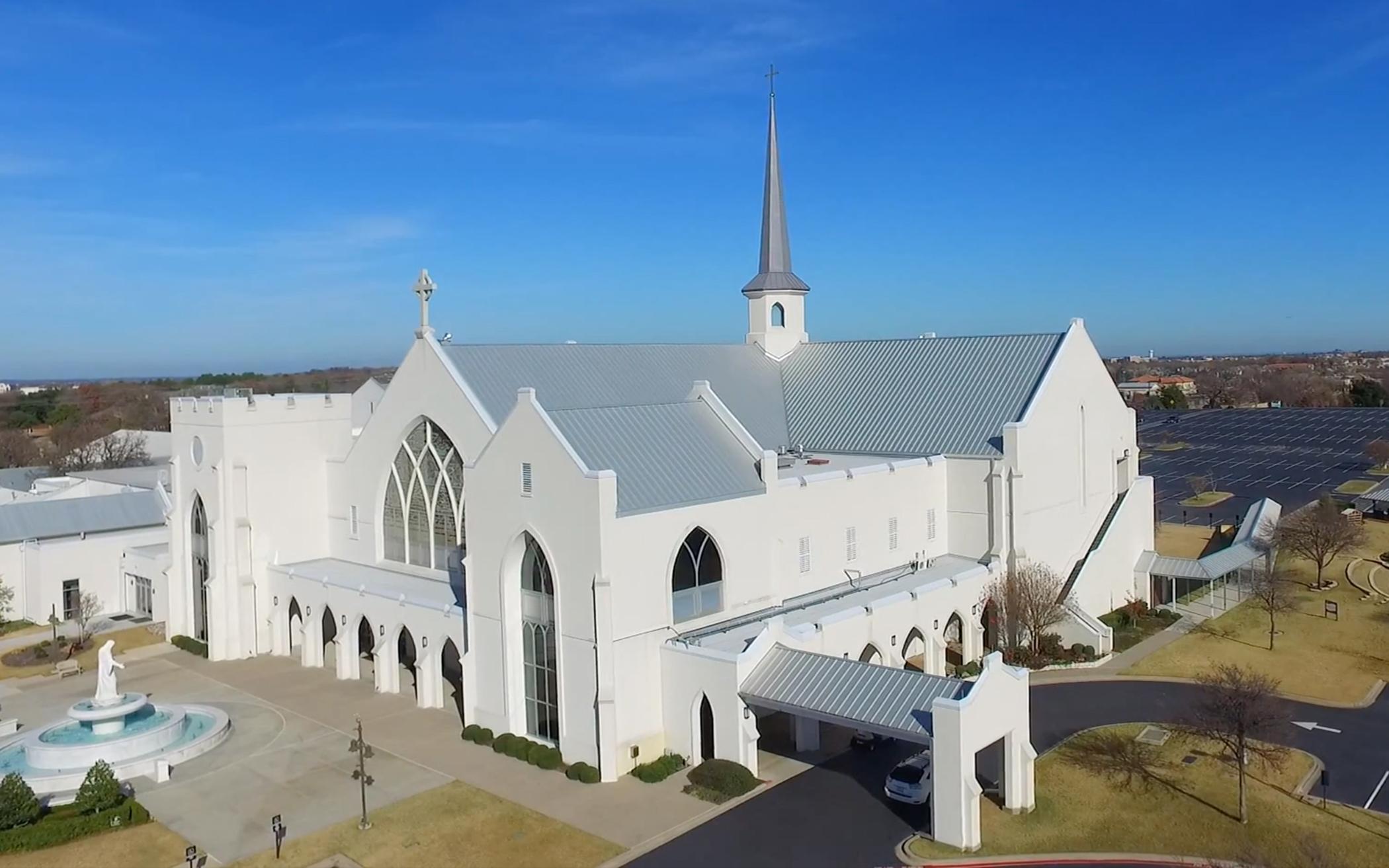The Banner has a subscription to republish articles from Religion News Service. This story by Emily McFarlan Miller and BeLynn Hollers was published on religionnews.com May 9, 2023.
Last year, White’s Chapel, a large congregation in a wealthy suburb outside of Dallas, Texas, overwhelmingly voted to disaffiliate from the United Methodist Church.
Today, the church, which draws more than 2,000 people on a Sunday, belongs to a denomination of one, a network it is calling the Methodist Collegiate Church.
Since 2019, 3,215 churches have formally broken from the United Methodist Church (as of May 15) according to the United Methodist News Service. Many of those disaffiliations are over theological disagreements about ordaining or marrying LGBTQ members of the church. About 2,000 of the disaffiliating congregations have joined the Global Methodist Church, a budding denomination created by conservative former United Methodists as a new home for dissenting congregations. (In 2019, the UMC reported a total of 30,543 active, organized churches in the US and 12,866 (2018 number) outside of the U.S.)
When White’s Chapel’s members voted to disaffiliate in November, the Rev. John McKellar, the church’s co-pastor, told Religion News Service they decided not to join the Global Methodist Church, in part because congregants, who hold a diversity of views, want to be a healing agent among Methodists.
The new denomination will reject “extreme positions,” according to the Rev. Larry Duggins, chancellor of the Methodist Collegiate Church.
“We are very deliberately building congregations that have different points of view, and are willing to talk to each other about it,” Duggins said.
At least 50 churches from six different states already have reached out to White’s Chapel about joining the Methodist Collegiate Church, he said, but the church must wait until its annual conference approves its disaffiliation before the church can invite other churches to officially join the collegium. The Central Texas Conference has a meeting slated for June 4-6 in Waco where it is expected to vote to approve pending disaffiliations.
The Methodist Collegiate Church will be composed of colleges, based on geography, not unlike conferences within the United Methodist Church, Duggins said. Its leaders hope churches within each college will be within a 100-mile radius of one another.
White’s Chapel will be the “Cathedral Church” of the new denomination’s first college, which it has named Trinity College. Cathedrals will provide administrative support to other churches within each college.
Each college will elect a dean who will fulfill similar functions as bishops do in the United Methodist Church.
“Our dean of a college is much more of a coach and adviser and is not acting in the capacity of employer or boss,” Duggins explained.
White’s Chapel’s November vote to leave the United Methodist Church was held in accordance with the United Methodist Church’s 2019 disaffiliation plan, which allows churches to depart with their properties, which are held in trust by the denomination.
In order to keep their properties, churches must make certain payments for apportionments—a kind of tithe to the denomination—and clergy pensions.
The new denomination has no plans to build an ecclesiastical structure or financial infrastructure similar to the United Methodist Church or other Methodist offshoots such as the Global Methodist Church. The church is more focused on “connection and accountability,” according to Duggins.
“We don’t want to build a huge hierarchy of people whose job it is to tell everybody else what to do,” he said.
The churches in the new denomination will maintain control of their own financial assets, but agree to govern themselves by a common rulebook. White’s Chapel members approved their Book of Discipline on May 1, but leaders anticipate more revisions as new churches join their ranks.
Duggins said the church is trying to create a middle path forward for Methodists while staying connected to Christian doctrine.
“We have got to be able, if we’re to survive in the long run, and if our societies are going to survive in the long run, to find compromises that allow us to achieve the larger goal without having to disaffiliate with each other and go be part of a congregation (that) only thinks the way that we think,” he said.
© 2023 Religion News Service
About the Author
Religion News Service is an independent, nonprofit and award-winning source of global news on religion, spirituality, culture and ethics.

